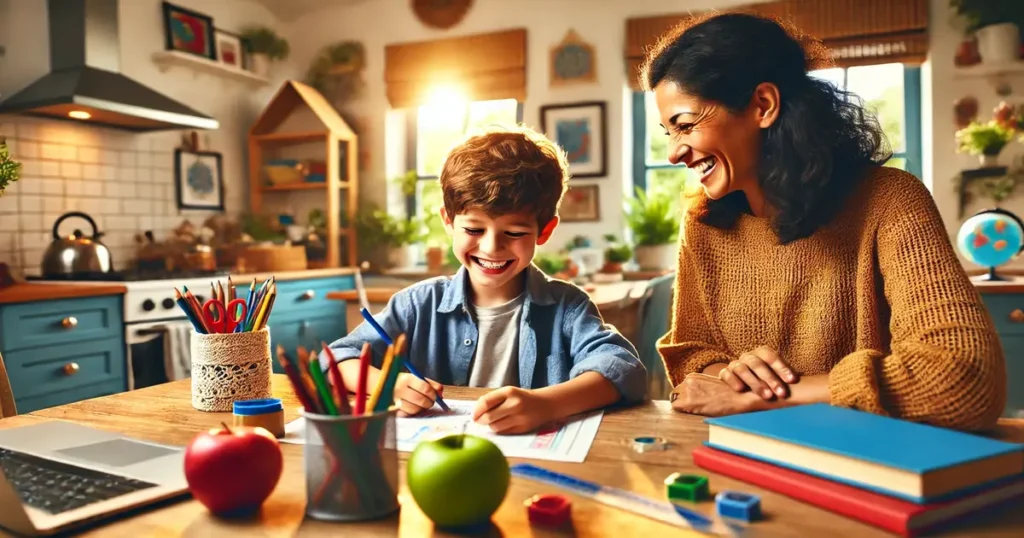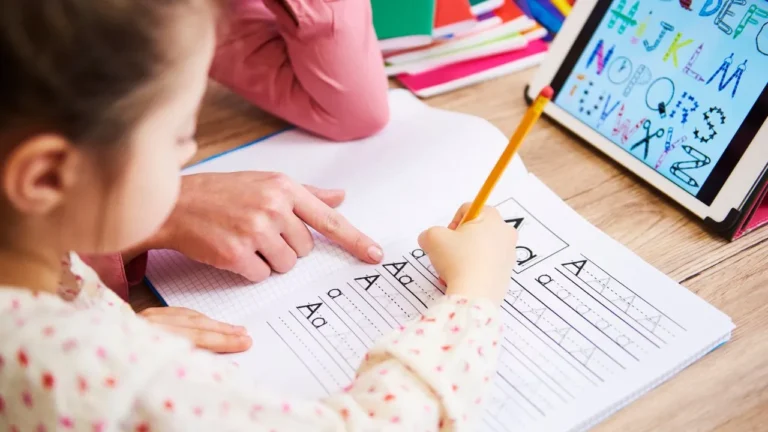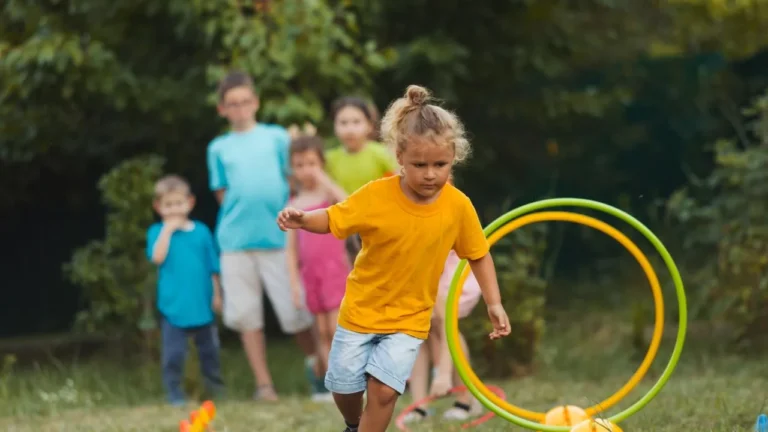Help Your Kids Succeed in School: A Practical Guide for Parents

As parents, we all want our children to succeed in school and reach their full potential. A child’s success in school isn’t just about grades; it’s about building confidence, fostering a love of learning, and equipping them with the skills they need to navigate the challenges and opportunities that lie ahead.
This guide offers practical strategies and advice to help your kids succeed in school and be a part of your child’s academic journey every step of the way.
Why Your Child’s Success in School Matters:
Think of education as the foundation upon which your child will build their future. A strong academic background opens doors to a world of possibilities. From pursuing higher education and landing fulfilling careers to achieving personal fulfillment and overall well-being, education is the key.
Studies show that children who excel in school are more likely to graduate from college, secure higher-paying jobs, and even lead healthier lives.

Actionable Strategies to Help Your Kids Succeed in School
We’ve broken down these strategies by age group, recognizing that each stage of a child’s development brings unique challenges and opportunities.
Elementary School Focus: Building Foundational Skills, Fostering a Love of Learning
Imagine the magic you can create by simply reading aloud to your child for just 15 minutes each day. It’s a simple act with a profound impact on their literacy development. Choose books together, sparking their imagination and making reading a joyful experience.
Middle School Focus: Navigating Increased Academic Demands and Social Pressures
Middle school is a time of significant transition. Academic expectations increase, and social dynamics can become complex.
Here’s how you can help your kids succeed in school:
High School Focus: Preparing for College and Career Choices
The high school years are all about preparing for the future. Here’s how you can guide them:

Creating a Supportive Learning Environment at Home
The home is a child’s first classroom, and parents, their first teachers. Creating a nurturing environment within your home isn’t just about providing shelter and sustenance; it’s about fostering an atmosphere that ignites curiosity, encourages exploration, and cultivates a lifelong love for learning. But how do you transform your living space into such a haven for young minds?
Designing Spaces for Success:
Think beyond brightly colored posters and alphabet charts. While visual stimulation is important, consider designating specific areas for different activities. A dedicated study area, free from distractions like TVs and gaming consoles, can work wonders in improving focus.
This space doesn’t have to be elaborate; a simple desk by a window with comfortable seating and good lighting can be incredibly effective. For younger children, a cozy reading nook filled with age-appropriate books can become a treasured escape into the world of imagination and language.
Beyond the Desk: Embracing Exploration and Play:
Learning extends far beyond textbooks and worksheets. Incorporate elements that encourage hands-on exploration and play. A shelf stocked with building blocks, art supplies, and science kits can spark creativity and problem-solving skills.
Consider dedicating a space for open-ended play, allowing children to build forts, put on puppet shows, or engage in imaginative role-playing. These activities, seemingly simple, are crucial for developing social skills, emotional intelligence, and cognitive flexibility.
The Invisible Ingredients: Routine, Communication, and a Love for Learning:
A nurturing learning environment isn’t just about the physical space; it’s about cultivating the right atmosphere. Establishing consistent routines for homework, reading, and even playtime can provide a sense of structure and predictability that many children thrive on.
Equally important is open communication. Encourage your children to share their passions, their struggles, and their questions. Be an active participant in their learning journey, engaging in discussions, exploring new topics together, and most importantly, demonstrating your love for learning.
Creating a home that fosters focus and encourages learning is an ongoing process, one that evolves with your child’s needs and interests. Be flexible, be creative, and most importantly, be present. You are your child’s greatest influence, and your enthusiasm and support will be the most valuable tools in their learning journey.

Effective Communication with Teachers: Partnering for Your Child’s Success
Maintaining open communication with teachers is essential for a successful learning experience.
Final Thoughts
Guiding your child toward success in school is a journey filled with joy, challenges, and triumphs. By actively participating in their education and nurturing their love of learning, you empower them to reach their full potential.
Your involvement is invaluable. Start implementing these strategies today, and watch your child flourish! You’re their biggest cheerleader, and with your support, they can achieve anything they set their minds to.






